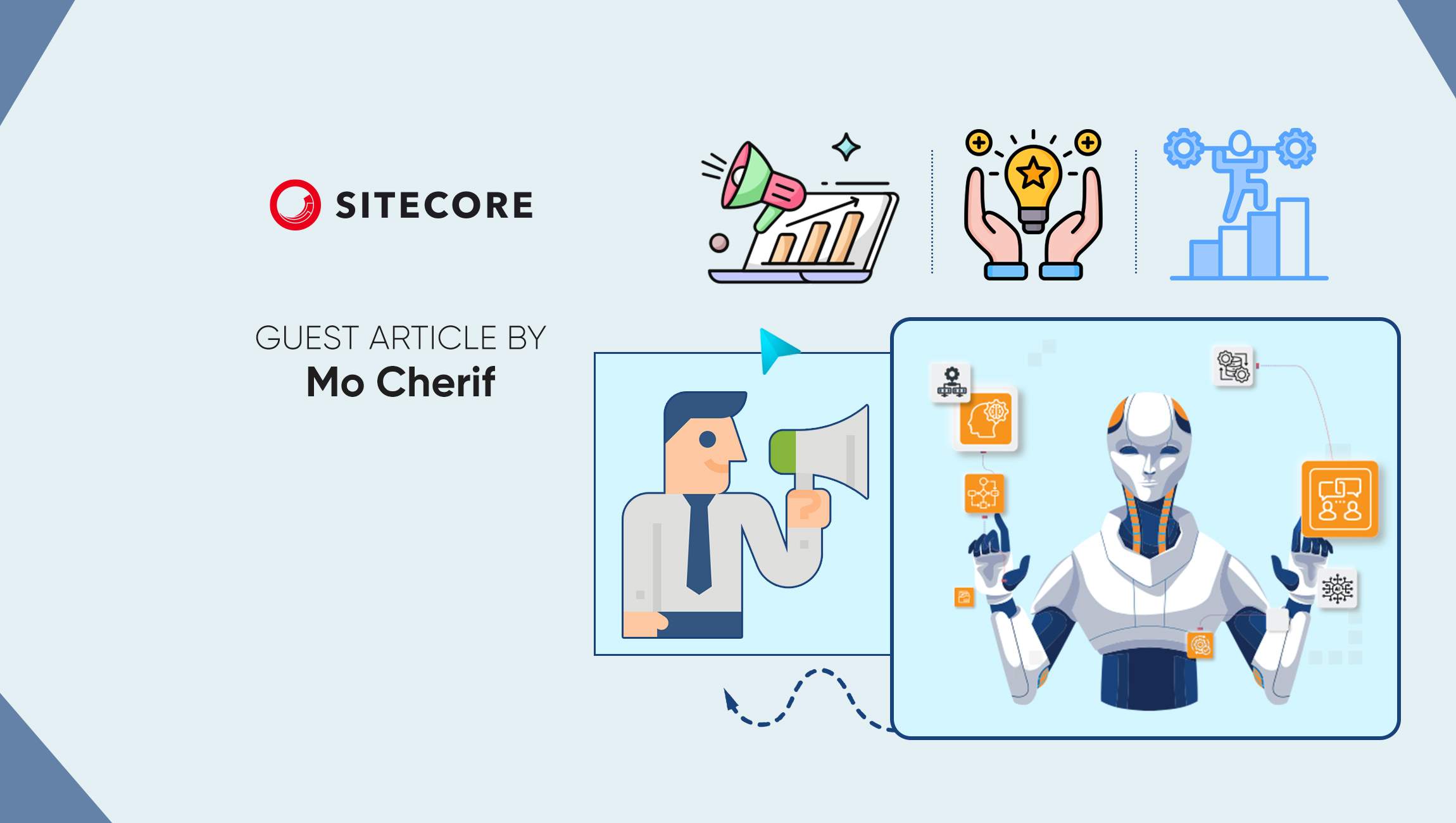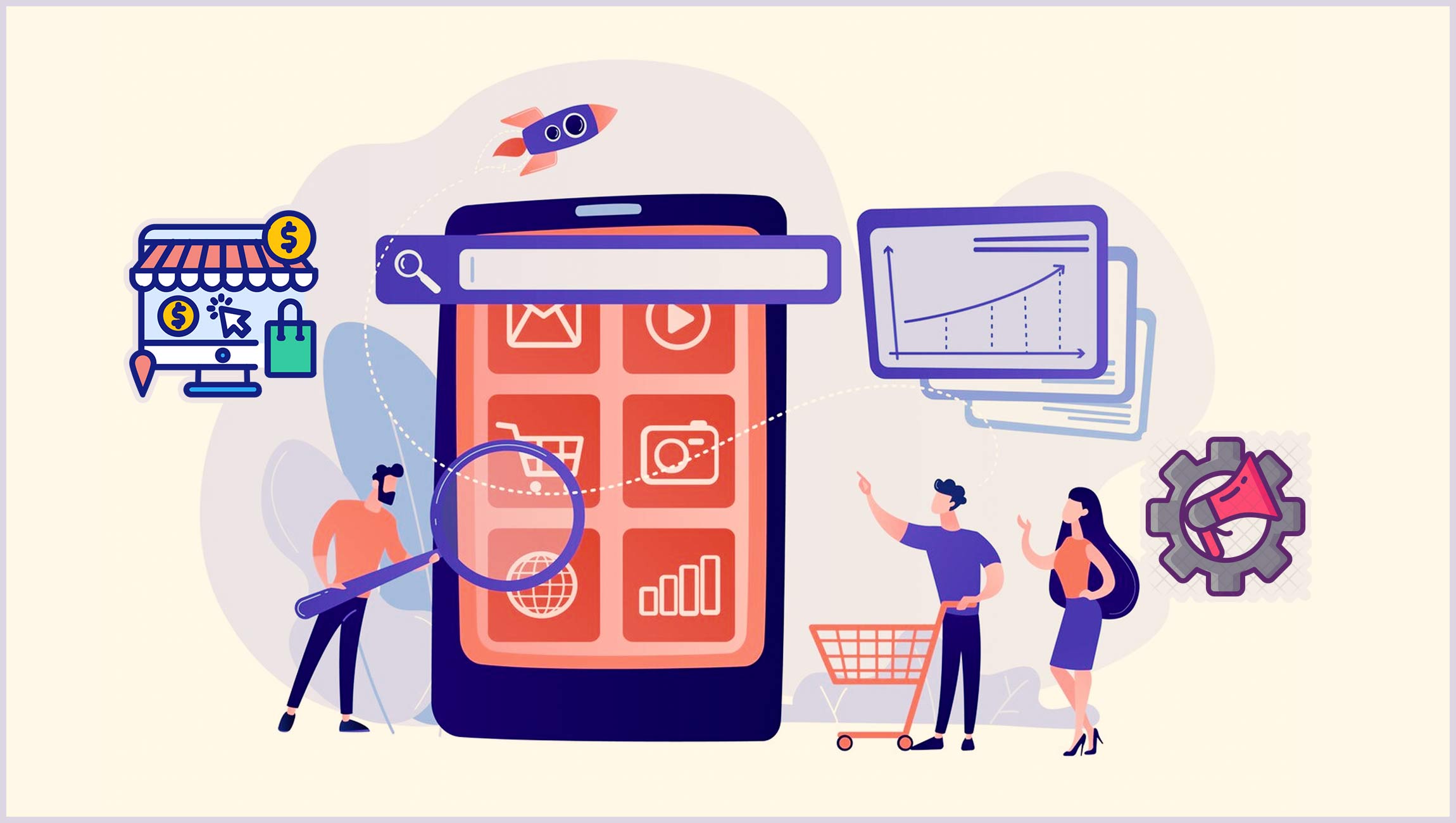AI in marketing
Artificial intelligence is rapidly transforming the marketing landscape. Generative AI, and in particular, conversational AI has gained significant traction. This past year, we saw a surge in Chatbots as a way to try to build customer loyalty by ensuring that customers have access to a brand 24 hours a day and can quickly reach needed information and teams. However, despite an influx of new bots, there is still a lack of trust among users. As a result, chatbots often need to pass the customer along to a life agent, ultimately leading to inefficiencies and customer dissatisfaction.
I believe agentic AI represents the next evolution in artificial intelligence and opportunity for marketers, where systems possess a greater degree of autonomy and can independently perform tasks towards predetermined goals. From reshaping customer interactions to streamlining marketer workflows, Agentic AI is poised to redefine digital experience.
The rise of Agentic AI
2025 will mark a year of significant growth for agentic AI, transitioning from the explorational stages to real-world applications across various industries. Unlike traditional AI models that simply respond to prompts, agentic AI can make decisions, plan actions, and even learn from its experiences. Agentic AI really mimics how we, as humans, work. It follows the idea of binding the human abilities and AI agents’ capabilities together. It goes beyond simple automation, demonstrating goal-oriented actions, decision-making, and even emotional intelligence. Essentially, humans get to do what they do best, which is focus on creativity and innovation, while AI does more of the grunt work. This evolution brings a host of benefits, including increased efficiency, personalized experiences, and a deeper understanding of user needs.
From reshaping customer interactions to streamlining marketer workflows, Agentic AI is poised to redefine digital experience. However, the adoption of agentic AI presents a myriad of challenges, especially to marketers as they try to lean into AI to create digital experiences that delight their customers.
Opportunities for marketers
As AI technology continues to evolve, we can expect even more advanced and sophisticated agents with the ability to understand, learn, and act with greater autonomy. This will lead to increasingly personalized, engaging, and seamless digital experiences. There is going to be a lot of changes in the way marketers do work. This comes in the way of how experience is going to be activated and how traditional marketing work gets done. As marketing budgets shrink more and more every year, the expected outcomes do not decrease. AI can help across the whole content life cycle and – in fact – across the whole marketing life cycle including:
1. True Personalization at scale
Agentic AI can use vast amounts of data to create highly personalized experiences. As consumers interact with a brand, Agentic AI can potentially adapt messages based on their evolving needs and behaviors. And Agentic AI continuously learns from ongoing interactions, ensuring that communication is relevant to the customer at that precise moment.
2. Campaign management
Marketers can use agentic AI agents to monitor a campaign and use automation to optimize all tactics to achieve their goals. AI agents can automatically adjust variables like bidding strategies, ad placement, or audience targeting. It can also conduct continuous A/B tests on multiple variables, ensuring the budget goes to the best-performing tactics.
3. Analytics
Agentic AI can analyze customer interactions to predict which products or services a customer is likely interested in. Through predictive models, agentic AI can even identify customers at risk of churning. This all helps marketers make more informed decisions.
4. Improved SEO
Agentic AI can analyze content for SEO best practices and suggest improvements.
We have seen glimpses of AI creating content variance, even grounded by a specific brand during 2024, but in 2025, adaptation for brand and authors’ voices, tones, nuances of topics will go far beyond what we have seen before. Advanced AI tools are about optimization, rather than just supporting one task (e.g., mere content drafts) these will focus on orchestration.
Marketing Technology News: MarTech Interview with Amanda McGuckin Hager, Chief Marketing Officer @ TrueDialog
Challenges to overcome
Data privacy, transparency and ethical implications must be addressed before marketers can integrate agentic AI into their campaigns. These are not the only potential drawbacks; I see a few other main problems that will need to be overcome for agentic AI to really take off including:
1. Loss of control:
Many marketers fear that the outcomes are not as reliable as ones determined by humans. This loss of control may result in unexpected issues.
2. Biases:
This is especially harmful during customer interactions, where inequality and discrimination may significantly damage a company’s reputation.
3. Security:
Agentic AI is not safe from hacking and manipulation. Without proper protection, hackers may infiltrate agentic AI programs to steal data.
4. Over-reliance on agentic AI:
While agentic AI is a critical decision-making tool, over-relying on this technology can dampen oversight and lead to potential marketing problems.
5. Ethics:
Marketers may question if using agentic AI for decision-making is the best idea. This is especially true in industries such as law enforcement and healthcare, where interacting with the public and making sudden decisions occur more frequently.
Moving forward
Agentic AI is a powerful force that will reshape the digital landscape. When coupled with essential human oversight and control to mitigate risks such as data privacy concerns and ensure responsible integration, it will free up human capacity for creative and innovative work.
For marketers, narrowing the consumer decision-making process from days into seconds completely changes the game. If your brand is not highlighted when AI makes its decision, you are not gaining the attention of customers. You are not winning. By embracing Agentic AI responsibly, marketers can unlock its transformative potential, creating a future where technology empowers us to achieve new heights of innovation and human connection. A massive opportunity awaits for brands who can adapt.
Marketing Technology News: Web3 Just Fixed Digital Advertising











